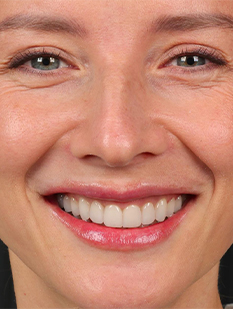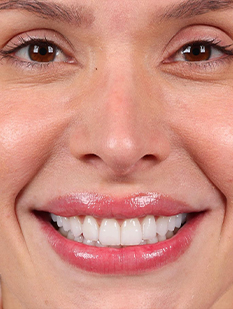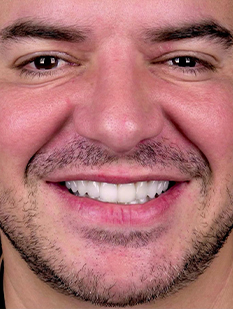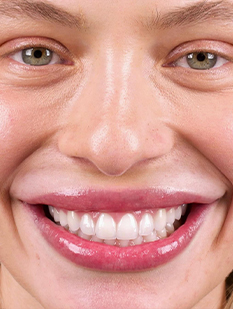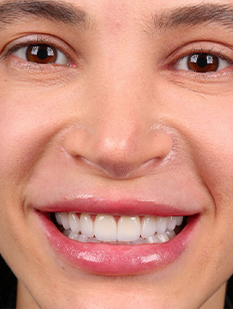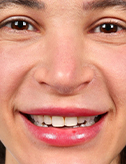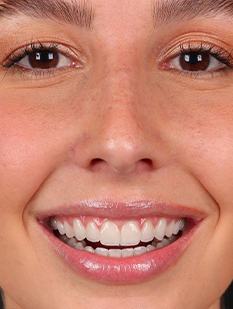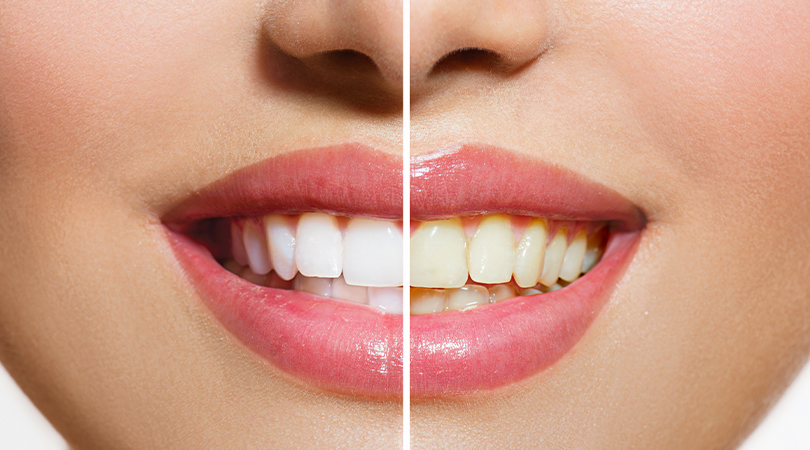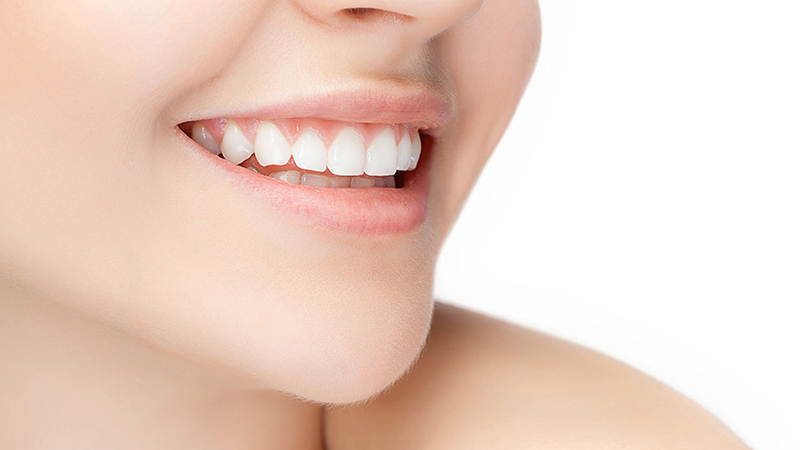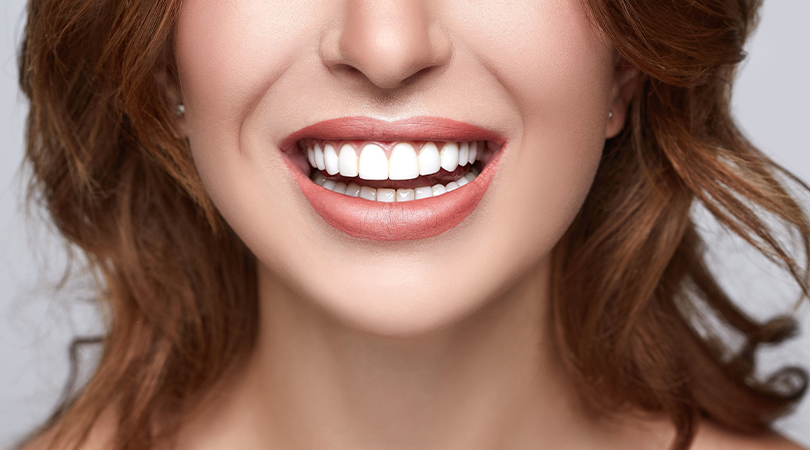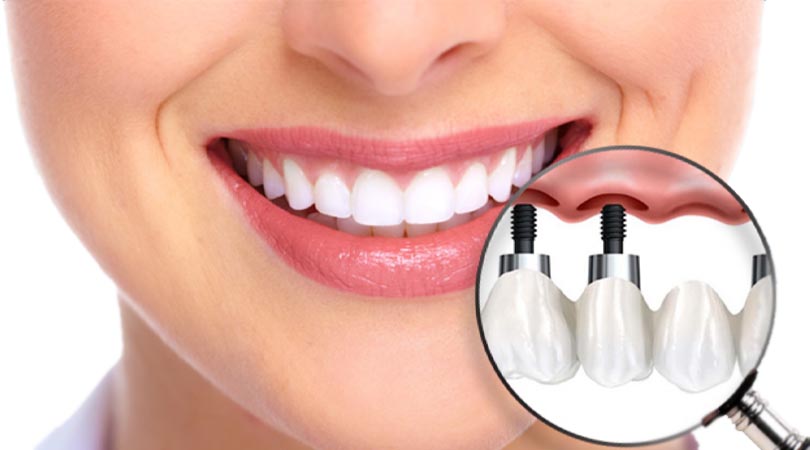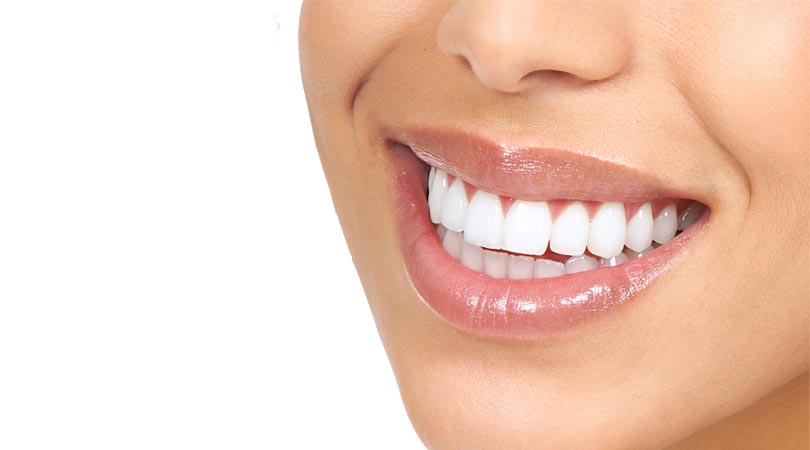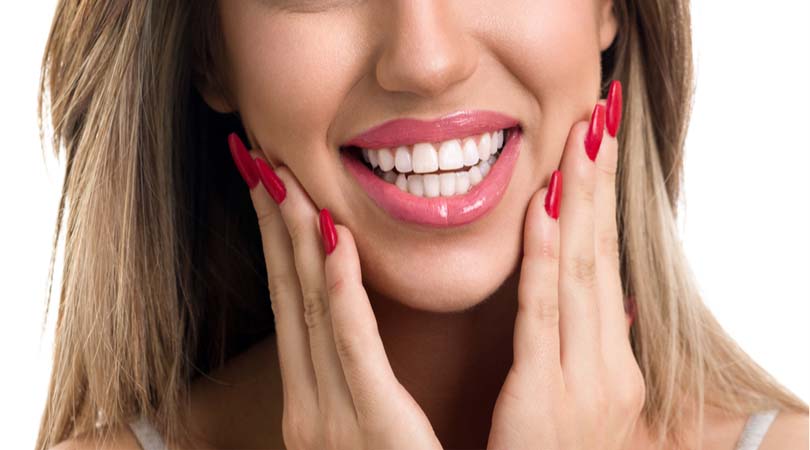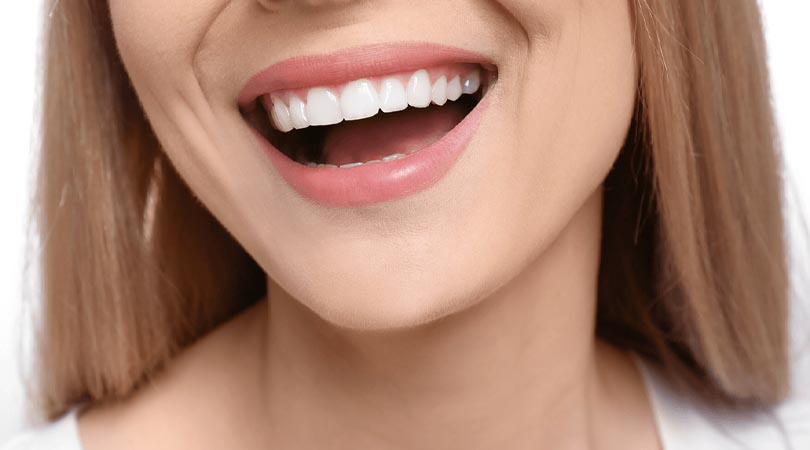
Teeth Whitening Definition
Teeth Whitening: Our daily habits affect us in every aspect of our lives, both mentally and physically. The way we dress, the way we eat, the products we consume, and even the frequency of consumption affect our bodies and souls.
We live in a social world. Today’s consumption habits and way of communication affect our lives positively or negatively in every aspect. When we are intertwined with such people and society, just as our habits keep up with the society, our outward appearance also adapts to the necessities of the society at some point.
During the day, when we meet someone new or start a short conversation, we consume many beverages, especially coffee and tea. Sometimes even smoking is added to this consumption. In addition to such short breaks, the fact that many of us are constantly working in front of the computer, having a lot of desk work, and a new mug of coffee / tea / various acidic drinks accompanying every working hour affects our body in various ways. Our oral health and dental health, which is especially affected by this intense consumption, need extra care and hygiene sensitivity in such a consumption vortex.
Our teeth, which appear when we laugh and are described as “impressive” for many, are unfortunately one of the places that are most affected by the situations mentioned above. Regular and detailed oral care is sometimes insufficient in the face of this intense consumption of tea and coffee. As such, our teeth, which are the main architects of our smile, start to turn yellow over time in line with our eating habits. Yellowing teeth not only make us look bad in oral care, but also greatly affect our social life and bilateral relations.
The main solution for yellowing teeth is teeth whitening applications. If the teeth whitening applications are done correctly, teeth can appear a few tones whiter.
What Is Teeth Whitening?
Teeth whitening is a medical procedure done by specialists, in which special gels and applications are used to remove the discoloration of the tooth enamel. The purpose of teeth whitening is to clean the organic or inorganic substances that cause the color of the tooth enamel to change from the surface and to whiten the teeth.
Teeth whitening, which is a comfortable procedure, is very reliable and does not have any side effects if it is done correctly.
In Which Cases Is Teeth Whitening Needed?
Teeth are one of the indicators of personal care. Teeth, where white and well-groomed are considered ideal, are one of the factors that reflect how we are in oral care and hygiene. Consumption of acidic beverages, excessive consumption of coffee and tea, as well as cigarette consumption cause teeth to change color. After the color changes, the person begins to experience a lack of self-confidence in social life and bilateral relations.
At this stage, yellow teeth do not only harm the person physically, but also mentally. For this reason, many women and men today frequently apply to teeth whitening applications. Teeth whitening applications include simple procedures that can be done at home, as well as professional procedures performed in a clinical setting.
How Is Teeth Whitening Done?
There are more than one method of teeth whitening. Some of these are ready-made kits that can be applied at home, while others are procedures that should be applied by professionals in a clinical setting. Although the kits applied at home are somewhat effective, among the whitening applications, the methods that provide effective and satisfactory results are the bleaching methods applied in the clinical setting.
Teeth whitening in a clinical setting is a painless procedure. Our patients who apply to us for teeth whitening are first given an appointment for examination and application. Then, our physician performs a general dental examination of our patient on the relevant day.
Special gels are used in teeth whitening processes. These gels are applied to the tooth surface and then a light source is used to increase the reaction of the gels. Thus, with the effect of light, the oxidants in the gel take effect and the teeth begin to tone.
The peroxide ratios of the gels used in the teeth whitening processes, which are performed in the clinical setting and also referred to as office bleaching, are much higher than the products used in other methods. Therefore, in this method, a higher rate of whitening is obtained than other teeth whitening methods, especially at home. This whitening method can be easily completed in an average of 20 minutes.
What Are The Differences Between Home Bleaching And Office Teeth Whitening?
Teeth whitening can be done in two different ways. The first of these is home-type teeth whitening application. In this application, the tooth color of the patients is determined in the general dental examination. Then the whitening rate to be done is determined. The measurements of the patient’s mouth structure are taken and a personalized plaque is produced. Along with these transparent plaques, patients are given whitening gels to apply.
At home, patients use gels and transparent plates in line with the desired whiteness, at different intervals, from 2 times a day to 2 times a week, in line with the recommendations of the physicians. Then, according to the planning process of the treatment, they come to the control examination at the end of the gels.
Office type bleaching is done in a clinical setting. The gels used in this application contain a higher percentage of peroxide than the home type. Color determination is made before the application. Then, special gels are applied to the teeth and light therapy is performed. Since the effectiveness of the gels applied on the teeth increases as they are exposed to light, faster and more effective results are obtained in the office type teeth whitening application compared to the home type teeth whitening method.
What Should Be Considered After Teeth Whitening?
Teeth whitening applications are procedures performed in sessions. Although these procedures do not have side effects, it is expected to experience sensitivity in the teeth in the first few days after the application. Considering their dental sensitivities, our patients should be more sensitive about eating and drinking for the first few days after the application.
In the first week after the teeth whitening process, red wine, tomato paste dishes and foods containing colorants should not be consumed. Likewise, beverages such as coffee, tea, cherry juice, which have sharp colors and color the teeth, should not be consumed during this process. In order to achieve the desired whiteness, it is important not to consume these foods and beverages for the first 1 week after the application. Also, using a toothpaste with a whitening effect during this time both helps to relieve the sensitivity faster and reinforces the application.
Who Are Suitable Candidates For Teeth Whitening Applications?
There is an age limit of 18 years for teeth whitening applications, which is a safe procedure and can be applied safely to both men and women. If you have completed the age of 18 and your teeth do not have any sensitivity due to other diseases, you can safely have a teeth whitening application.
For detailed information about teeth whitening applications, you can contact us at our phone numbers. You can talk to our dentist by making your teeth whitening appointment and decide which teeth whitening method is right for you.
For white teeth that complement beautiful and radiant smiles, contact us today and open the doors of a brand new smile today!
Frequently Asked Questions
What Is The Price Of Implant Treatment?
Dental implants come in more than one type. There are differences in the prices of implant treatment according to the quality of the implant, the use of fixed or removable prosthesis, and the experience of the physician performing the application. In addition to these factors, the number of implants the patient needs is another factor affecting the price of dental implant treatment.
Is Implant Treatment A Painful Treatment?
During the application, local or general anesthesia is used according to the needs of the patient. Therefore, patients do not feel any pain during the procedure. Afterwards, there may be sensitivity in the teeth, especially in the first 48 hours after the procedure. However, after 48 hours, the sensitivity goes away on its own. Therefore, when we talk about dental implant treatment, it is possible to say that the application is painless.
How Long Does The Implant Treatment Last?
There are different factors that affect the life of implants. Dental implant treatment is basically long lasting if done correctly and with premium products. If the person pays attention to oral care and health, does not miss general dental examinations, and restricts the consumption of acidic beverages, the life of a dental implant can be up to 15 years. However, if the person does not pay enough attention to oral care after the implant treatment and does not follow the doctor’s recommendations correctly after the application, then the life of the applied dental implant may be much shorter.
Is There An Age Limit For Dental Implant Treatment?
In order to apply dental implant treatment, the patient must have completed the development of the jawbone and tooth structure. For this reason, the age limit is 18 when it comes to dental implant treatment. Men and women over the age of 18 can have dental implant treatment with peace of mind, as long as there is no medical obstacle.
 Nederland
Nederland Français
Français Türkçe
Türkçe







